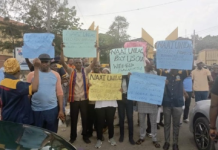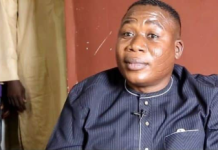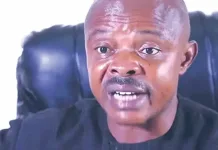Minister of Finance, Zainab Ahmed, made the disclosure after this week’s Federal Executive Council meeting in Abuja chaired by President Muhammadu Buhari.
Read Also: NSCDC Arrests 3 For Circulating Fake Naira In Zamfara
Ahmed said, the $800 million forms the first tranche of palliatives ready to be disbursed to 10 million households in form of cash.
She said: “The provision (of the Petroleum Industry Act) says 18 months after the effectiveness of the PIA, all petroleum products must be deregulated.
“That 18 months takes us to June 2023.
Deployment Of Non-cash Palliatives
“Also, when we were working on the 2023 Medium Term Expenditure Framework and the Appropriation Act, we made that provision to enable us exit fuel subsidy by June 2023.
“We’ve secured some funding from the World Bank, that is the first tranche of palliatives that will enable us give cash transfers to the most vulnerable in our society that have now been registered in a national social register.
“Today, that register has a list of 10 million households. 10 million households are equivalent to about 50 million Nigerians.”
When asked how much funding the FG received from the World Bank, the minister said, “$800 million for the scale-up of the National Social Investment Programme at the World Bank. And it’s been secured, it’s ready for disbursement”.
However, she noted that the FG must raise more resources to enable it to do more than cash transfers.
You May Also Read: See Nigerians Featured In 2023 Forbes Africa’s 30 Under 30
According to Ahmed, wide-ranging negotiations are underway to deploy non-cash palliatives such as a “mass transit” system for workers’ daily commute.
“So there are several things that we’re still planning and working on, some we can start executing quickly, some are more medium-term implementation.
“There are a lot of discussions going on at different levels, including with members of the transition committee of the incoming government,” she added.






